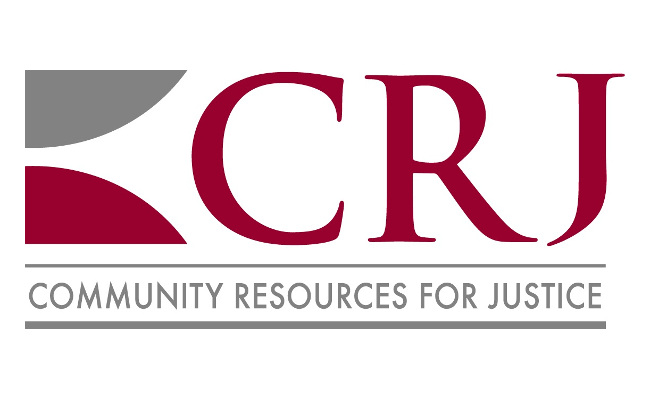
A deep and resounding wave of anger, pain, and grief is sweeping across our nation in the wake of the death of yet another Black person killed by police. George Floyd’s death in Minneapolis has once again laid bare the systemic injustice of bias, violence, and intimidation in our government agencies, public services, and laws. Inequality has been allowed for too long – and it must end.
For so many of our CRJ colleagues and those we serve, the killing of Mr. Floyd by a white police officer is one more personal, gut-wrenching reminder that structural racism is very much still a part of our nation, and that it has claimed the lives of far too many Black and brown men, women, and children. His death followed those of Ahmaud Arbery, Breonna Taylor, and so many others whose lives were taken in horrific ways.
CRJ stands with protesters’ demand for real, substantive change, and we offer our support as we continue our work to change lives and build safer, stronger communities.
Our work touches many aspects of this struggle for justice and equality. We support those impacted by the justice system, and we drive reforms that make those systems fairer for all. We work with police departments and corrections agencies to develop and follow practices and policies that recognize and protect all individuals’ civil rights. We enable individuals with developmental disabilities to be engaged and valued members of their communities.
As individuals seeking real, meaningful change and an end to systemic inequalities in our society, we must listen to and elevate Black and brown voices leading this effort. Powerful and insightful reading options are available here. For those of us with young children, this posting from the Boston Children’s Museum may be a helpful resource for finding age-appropriate ways to engage them about their fears, anger, and sorrow.
Providers Council President and CEO Michael Weekes offered this powerful message to council members, including CRJ, along with some additional suggestion for ways to take action.
“[A]s a human services sector employer, we know quite well about justice and equality,” Weekes wrote. “We fight for it every day and for those seeking our support. We have to speak it, practice it and live it for racial equity and justice. The work for social justice isn’t the work for just brown and black people – it is, as [James] Baldwin said, ‘your progress.’”
As we move forward, please know that I and the CRJ leadership share in the heartbreak and anger over the disregard for Black and brown lives, and we will strive support the work of so many to achieve healing, change, and true justice.
In solidarity,
John J. Larivee
President and CEO
Community Resources for Justice